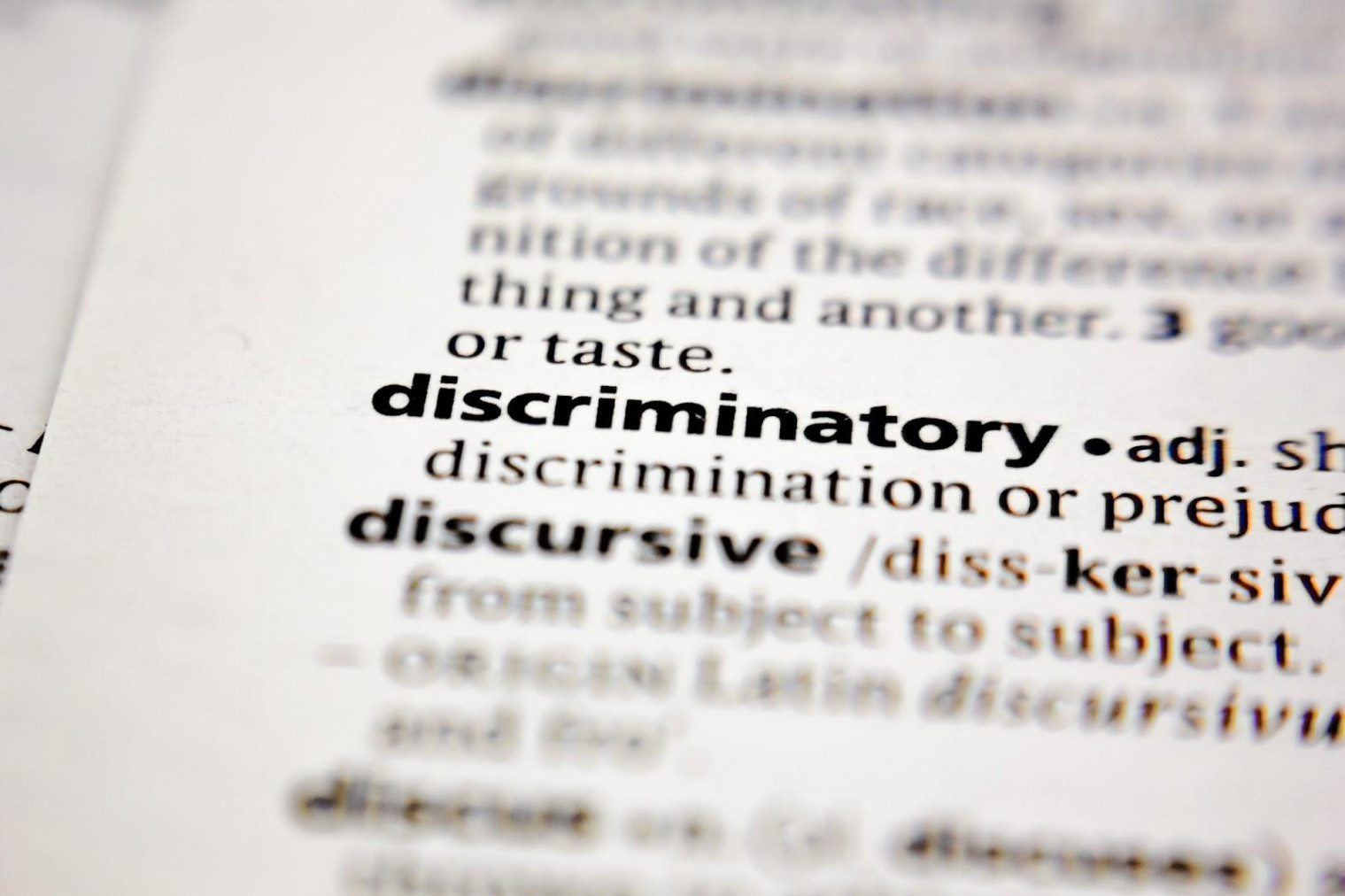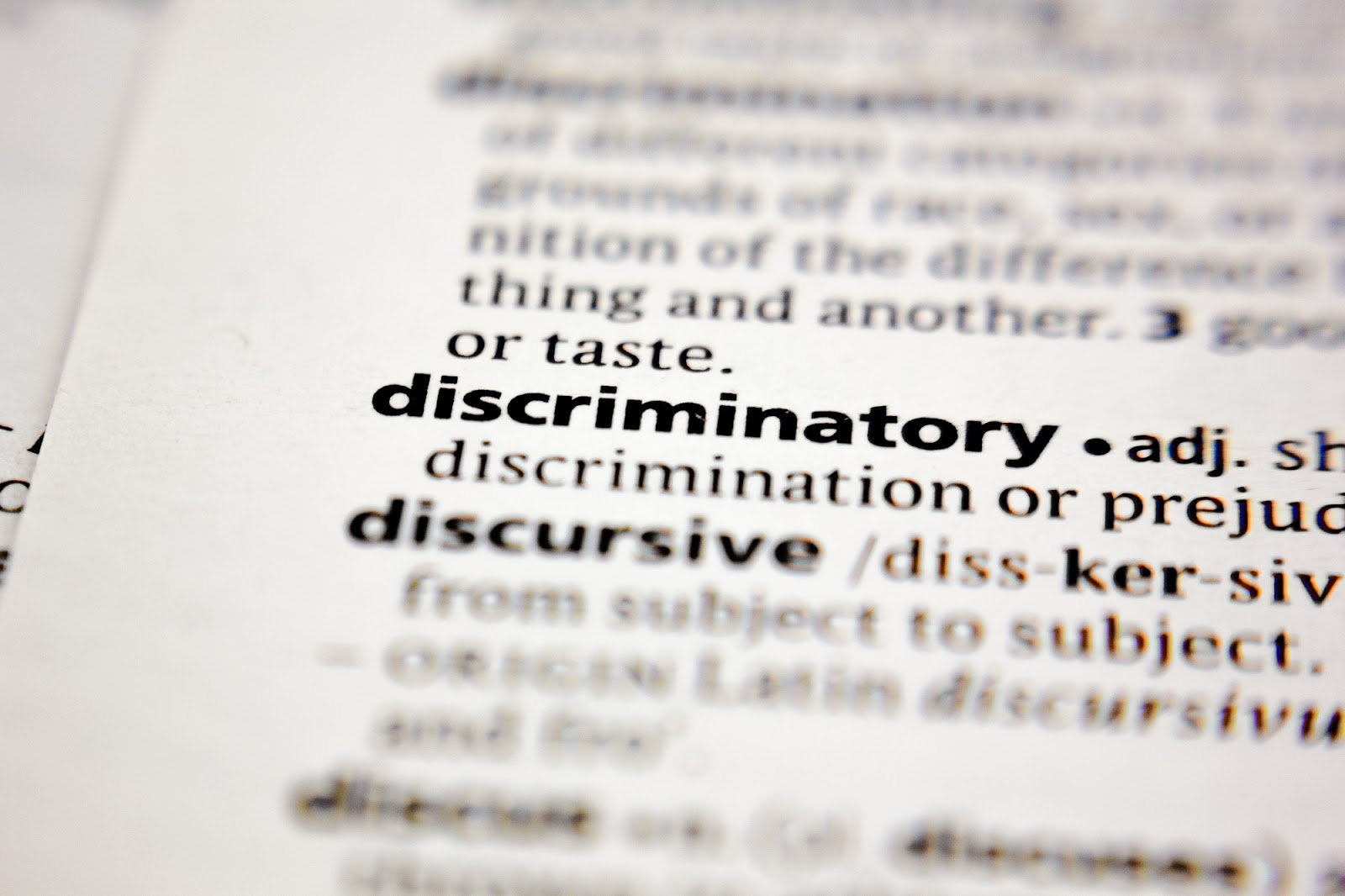July 24th, 2022

A Historical Guide to Racial Discrimination in Housing
Racial discrimination in housing is a longstanding issue that continues to pose significant obstacles for minority groups, particularly for Black communities. In addition to existing prejudices, a long history of economic inequality and prejudiced policies have created a self-perpetuating system of exclusion and predatory banking practices.
These discriminatory banking practices can, in turn, significantly impact the process of buying or selling a home.

To fully understand how such discriminatory practices and policies become deeply ingrained into our culture and our institutions, it is first important that we understand the concepts of generational wealth gaps and the poverty cycle.
The Generational Wealth Gap and the Poverty Cycle
The generational wealth gap and the poverty cycle are two major mechanisms that drive systematic wealth inequality.
The Generational Wealth Gap
The generational wealth gap refers to the fact that individuals from families with existing financial resources typically find it easier to maintain and grow those resources, compared to people who grew up with fewer financial resources.
Individuals who grow up with fewer financial resources typically will have fewer opportunities for personal enrichment, a smaller network connected to wealth, and fewer assets to cultivate over time. Because of these issues, many societies struggle with poor economic mobility, especially among groups that have experienced historical segregation.
The Poverty Cycle
The poverty cycle is a similar concept, but largely refers to limitations on wealth advancement within a person’s lifespan if they are born below the poverty line (which may be caused by a generational wealth gap). These limitations severely hinder any attempt to break out of poverty and often result in exponential worsening of financial prospects.
For example, a person who can’t pay their medical debts may experience damage to their credit scores or wage garnishment. Or, a person who finds themselves in a penal system that disproportionately arrests and punishes racial minorities and the poor may find themselves having difficulty with finding work down the road due to their arrest records.
If you have been born into poverty or another situation with limited economic opportunities, you are likely going to find it much more difficult to build assets than your peers. As such, the economic disadvantages caused by historical segregation still have a significant impact on the affected communities to this day.
Historical Discriminatory Practices and Policies That Influenced the Housing Sector
The following is a selection of some of the most notable practices and policies that influenced the housing sector with racial bias.
- Racial covenants: Racial covenants became a widely-used stipulation in housing deeds in the late nineteenth century in the United States. These stipulations would restrict people of certain races from buying, leasing, or occupying the associated properties.
- Racial zoning: Racial zoning codes explicitly prohibited certain races from living in certain areas.
- Single-family zoning: Single-family zoning codes allow for only single-family homes to be built in a residential area. This prohibits the construction of buildings like apartments, which are often a more feasible option for lower-income families.
- Residential/industrial zoning practices: Some areas use zoning codes to separate cities into residential and industrial districts. In some cases, these codes were used to separate industrial workers such as laundromat owners from certain residential areas. Many such low-income industrial workers were minorities.
- Redlining: Redlining is a practice that withholds financial services or offers less desirable financial options to individuals who live in designated neighborhoods. People from these neighborhoods are considered “hazardous” to financial prospects and may be subject to practices such as inflated interest rates on loans. Historically, many of the individuals targeted by redlining have been minorities.
- Discriminatory mortgage lending: This includes a wide range of discriminatory practices, such as refusing mortgage loans to racial minorities and giving them less favorable loans.
- Limited access to GI Bill benefits: Minorities had limited access to the benefits offered by the GI Bill following WWII. This is because the VA (Veterans Affairs) adopted discriminatory rules set down by the FHA (Fair Housing Administration). As a result, minorities benefited very little from the post-war housing boom.
- Displacement through demolition: The National Interstate and Defense Highways Act of 1956 resulted in the demolition of many urban areas that were thought to lack value. As many of these areas housed large communities of minorities, this caused mass displacement.
Limited access to housing widened the wealth gap in a wide variety of ways. For example, homeowners could take advantage of benefits such as home equity loans and various tax deductions.
Contemporary Forms of Discrimination and Inequality That Impact Housing
Discrimination in housing is not strictly a thing of the past. The following are some forms of housing discrimination and inequality that can still be seen today:
- Discriminatory lending practices: While refusing loans based on race is now illegal, discriminatory lending practices are not completely extinct. There is evidence that financial institutions continue to disproportionately refuse mortgage loans or offer worse deals on loans to minorities.
- Disproportionate home appreciation: There is some evidence to suggest that homes in areas with high minority populations appreciate more slowly than comparable homes in predominantly white neighborhoods.
- Interventions from private entities like HOAs: Neighborhoods with HOAs are less racially diverse on average, and reports of discrimination from HOAs are still common. Furthermore, as private organizations, HOAs are beholden to little oversight with consideration for racial equality.
- Higher housing costs in proportion to income: Median and average incomes among white people are consistently much higher than they are among Black and Latino populations. This means that they may get higher interest rates on their mortgage loans due to lower down payments.
- Greater reliance on home equity: Another side effect of lower overall income is that minorities often have to rely more on home equity for their financial assets. This concentration of assets can put them in a more precarious position financially.

Wider Impacts of Racial Discrimination in Housing
Racial discrimination in housing can have far-reaching impacts, including:
- Limited ability to leave residential areas that experience problems like poor upkeep, under-funded school systems, substandard healthcare facilities, crime, and poverty;
- Reduction of cross-cultural interactions;
- Limited access to opportunities such as local jobs and educational institutions;
- Limited access to appropriate space and amenities;
- Significant inequality of economic prosperity between different communities;
- Homelessness.
As such, equal access to housing is a key element in campaigns for more meaningful racial equality across the board.
Policy Solutions to Advance Racial Equity in Housing
A few policy solutions that would be expected to improve racial equality in housing include:
- Increased access to down-payment assistance: The ability to pay a decent down payment can both reduce your interest rate and allow you to secure a home in the first place.
- Reevaluation of zoning laws: Many areas still maintain zoning laws that create hurdles for minorities who are interested in moving elsewhere. By reevaluating the effects of these zoning laws on various demographics, we could determine how they need to be adjusted to reduce inequality. Some cities, such as Raleigh, North Carolina, have already taken steps to eliminate single-family zoning codes.
- Investment in underserved neighborhoods: Underserved neighborhoods suffer exponentially as time goes on without proper funding and upkeep. This creates further unnecessary hurdles for the communities that live there.
- Expansion of mobility counseling services: Mobility counseling services guide people through their housing options so that they can better understand their choices, as well as the services available to help them.
- Increased availability of affordable housing: New construction efforts for affordable housing is one of the most important strategies for improving fair access to housing. This can be achieved through the development of vacant lots or by selling and replacing single-family homes.
While laws such as the Fair Housing Act do seek to reduce and address housing discrimination, such regulations continue to be challenged. Notably, in 2020, the Trump administration replaced the Affirmatively Furthering Fair Housing rule with the Preserving Community and Housing Choice rule.
What To Do If You Experience Housing Discrimination
If you believe that you are experiencing housing discrimination, consider taking the following steps:
- File a complaint with HUD (The U.S. Department of Housing and Urban Development);
- Make a report to your state or local fair housing commission;
- File a complaint with the Consumer Financial Protection Bureau;
- Make a record of behavior that you think may be discriminatory or demonstrates discriminatory intent;
- Consult a lawyer.
Resources and Advocacy Groups
Resources and advocacy groups that can help people experiencing housing discrimination include the following:
- U.S. Department of Housing and Urban Development: This is the U.S. government agency that oversees housing discrimination issues.
- National Fair Housing Alliance: This organization seeks to end housing discrimination through advocacy and by providing housing assistance resources.
- Fair Housing Resource Center: This group provides useful information for individuals who are seeking housing or struggling with housing discrimination. They also advocate on the behalf of fair housing.
- National Low Income Housing Coalition: This group seeks to end housing discrimination through community education and organization efforts.
- Housing Opportunities Project for Excellence (HOPE): This organization disseminates information and provides counseling services related to housing discrimination.
- How to Buy a House as a Single Parent: This article discusses options and strategies for single parents who are interested in buying a home.

Ryan Fitzgerald
Hi there! My name is Ryan Fitzgerald, and I am a REALTOR®. My goal is to help you learn more about real estate through our Real Estate Blog! Hopefully, you enjoyed the above blog post and it found a way to provide help or value to you. When you're ready to buy or sell a home of your own let us know here. Please feel free to join the conversation by dropping us a comment below.

